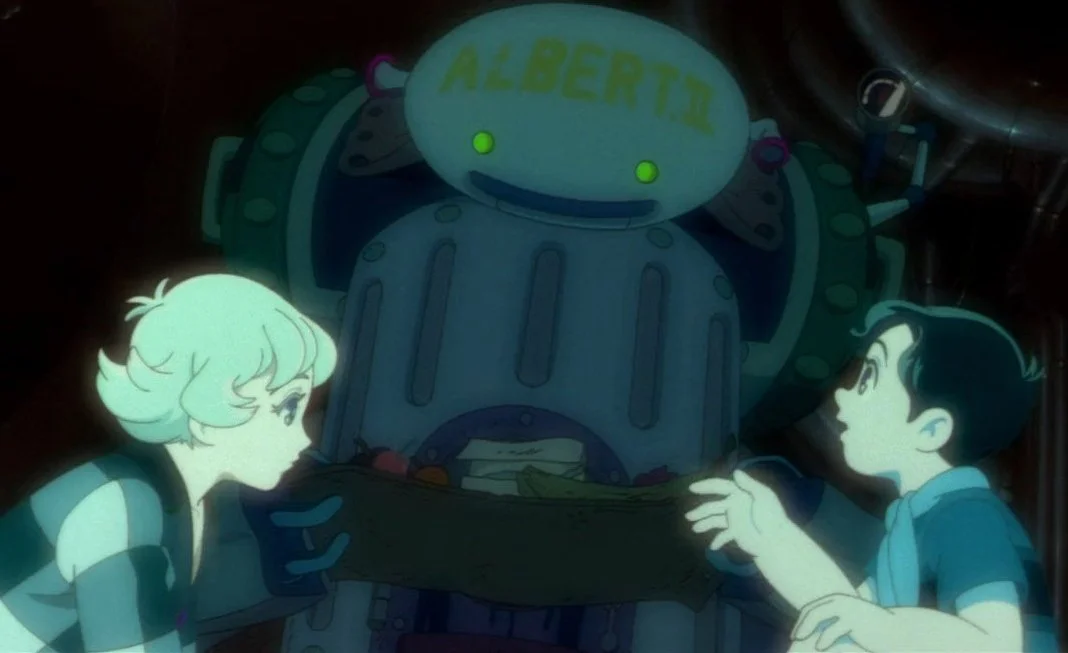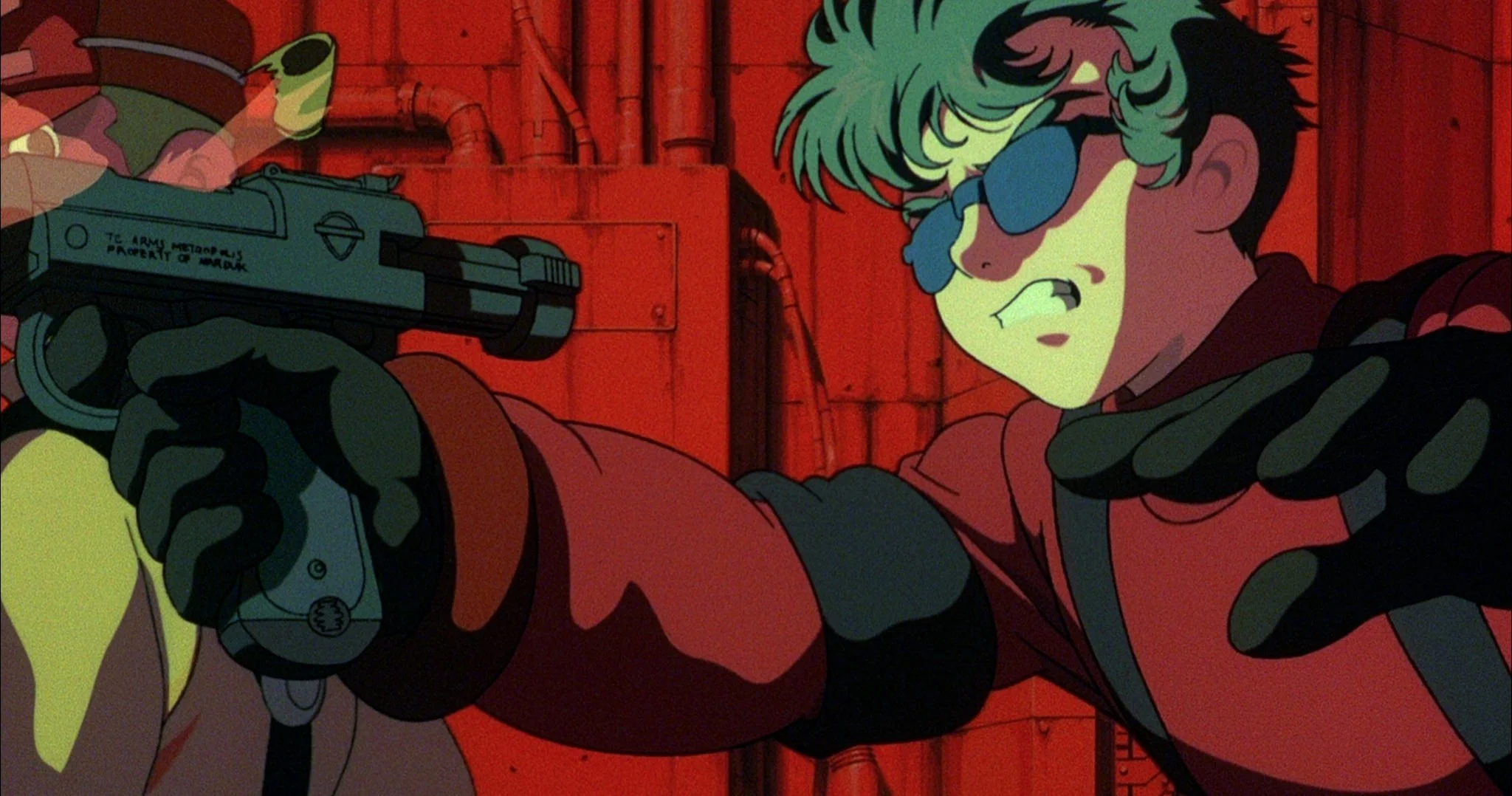Metropolis (2001)
Rating – 4/4
*SPOILERS*
Are we all robots? Well, we live our lives mostly controlled by others (parents, teachers, bosses, etc.), we do our daily activities, and we follow the rules and standards set by society. In a sense, we follow our programing.
So, why do we hate robots that simply act the same as us?
Welcome to Metropolis, where technology has changed and evolved, while humans are still the same. We’re still full of hate, prejudice, and emotions that guide our daily lives. The working class still struggle to make a living and feed our families, whilst the rich get to live literally above everyone else. It might be a city of the future, but it still follows the past.
Duke Red, a powerful and wealthy figure, has usurped control of the grand city-state of Metropolis, widening the wealth gap between the classes further. Red has commissioned Doctor Laughton, a wanted criminal to build him a state-of-the-art robot named Tima, modeled after his dead daughter and place her in control of the Ziggurat, a massive tower that is a secret superweapon, and ultimately use it take over the world.
Meanwhile, Detective Shunsaku Ban and his nephew Kenichi have arrived to Metropolis to arrest Laughton. But Duke Red’s technophobic son Rock, discovers Laughton and Tima as well, and he plots to destroy them both. And in the chaos, Tima is inadvertently activated and meets Kenichi, who begins to teach her what it’s like to be a human.
She discovers emotions, human behavior and customs, and love. And she ultimately asks, “what does it mean to be a human?”
Robots in Metropolis are heavily discriminated against, are not allowed names, must obey their programming, and cannot have any emotions as it would make them “too human.” They are metaphorically and literally shells of people. But if Tima possesses a name and emotions, does that make her human? It’s a question that blurs the lines. We, as humans, are simultaneously against prejudice and yet practice it against robots. We fight to stay above the poverty line, and yet push robots down lower.
Humans are complex beings. And are so robots. So are we robots too?
The other strength of the film lies in its bright visuals and bright colors that bring the city of Metropolis to life. Every scene, there is movement, from either robots doing menial tasks like cleaning, or the technology like flying cars showing the hustle and bustle of daily life. On the upper levels of the city, there are bright and happy colors, showing the world of opportunity for the rich. But on the lower levels, it’s dark, gritty, and unclean, showing what the poor must deal with.
It’s a perfect metaphor. On the surface, everything is sunshine and rainbows. But underneath, there are problems that still exist.
I also love the New Orleans Twenties aesthetic, as well as the jazz soundtrack that’s just so fitting. Like the Roaring Twenties of America, the country was thriving. The economy was great and people were out living life and happy…or so it seemed. In Metropolis, some things haven’t changed. Like America, the technology is revolutionary, whilst humanity is still the same.
But what does it mean to be a human? Tima asks at one point, “Who am I?” Not “what” but “who.” Are we kind and loving like Kenichi or violent sociopaths like Rock? It’s this world of complexity that both fascinates and disturbs Tima as she begins her life in the world.
In the end, does advanced technology make us any better? Metropolis asks the question of whose life technology makes better. The rich, or the poor? Have our attitudes changed or are we just like the city robots doing the same thing over and over again? It’s a film that makes you think and makes you wonder about humanity. As technology evolves, will we be any different?
But remember, the more things change, the more they stay the same.



